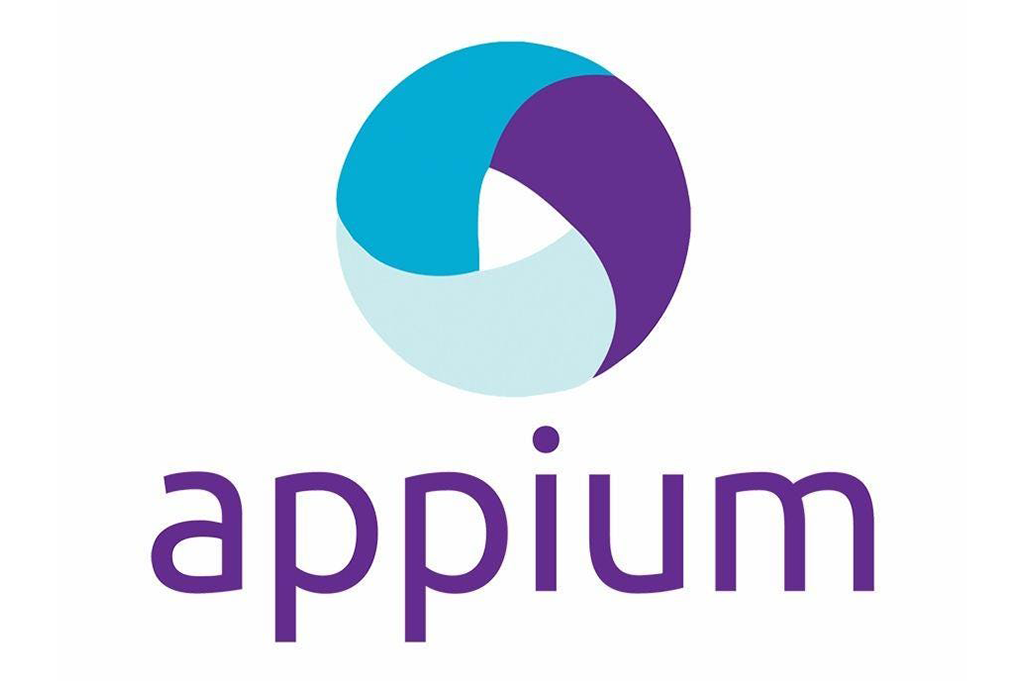
Appium is an open-source, cross-platform automation testing tool used for mobile applications. It allows quality teams to write tests for multiple mobile platforms using the same API. These tests can be executed on real devices, emulators, and simulators.
One of the main advantages of Appium is its cross-platform capability, meaning Quality Assurance (QA) teams can write the test code once and run it across multiple platforms, such as iOS, Android, and Windows. This versatility saves time and resources. Additionally, as an open-source tool, Appium is completely free and supported by an active and dedicated community that constantly works on improvements and updates. This community not only contributes innovations but also provides invaluable support to both new and expert users.
Another significant advantage is the flexibility Appium offers in terms of programming languages for automation. Unlike other tools that may be limited to a specific language, Appium allows users to write their automation scripts in various languages, such as Java, C#, Python, and Ruby, regardless of the language in which the mobile application was developed.
Finally, Appium’s ability to conduct tests on both real devices and emulators/simulators is invaluable. It allows testing teams to ensure the functionality and effectiveness of an application under different scenarios and conditions.
How Appium Works
Appium essentially acts as an intermediary between your test scripts and mobile device platforms. Understanding its operation can offer a clearer view of its power and versatility.
To start with Appium, you need to prepare your test scripts. These scripts are written using WebDriver, an API designed for browser automation. A strong point of Appium is that although the scripts are based on WebDriver, you can write them in various programming languages, such as Java, C#, Python, and Ruby. These scripts are responsible for defining a series of actions that mimic user interaction with an application, such as tapping buttons, swiping, or entering text.
Once the scripts are ready, Appium interprets them and communicates them to the appropriate device or emulator. To do this, it uses “desired capabilities,” a series of parameters that you specify, such as the type of device, the operating system version, and the location of the application you want to test. Depending on these capabilities, Appium decides whether to run the test on an emulator/simulator or a real device.
As the tests are executed, Appium interacts with the device or emulator by sending commands that emulate user interaction, and then collects the results. These results are presented in a readable form, showing whether the test was successful or if there were any failures. In the case of failures, Appium provides details, such as screenshots, to assist in identifying and correcting the problem.
Finally, one of Appium’s most valuable capabilities is its integration with DevOps tools. This means you can incorporate Appium into your DevOps pipelines, allowing tests to be run automatically every time a change is introduced in the application code. This automation not only saves time but also ensures that applications are consistently and rigorously tested before any release or update.
In summary, Appium automates the testing process, emulating user interactions on different mobile platforms, collecting results, and allowing seamless integration with modern development tools and processes. It is a powerful tool that simplifies the complex world of mobile application testing.
Performance and Stress Testing with Appium
Performance and stress tests are essential to ensure that an application not only works correctly but can also handle the expected load and demand.
Performance tests focus on determining how an application behaves under a specific load, measuring aspects like response speed, latency, and resource utilization.
Tools like Grafana and Prometheus can be used along with Appium to capture, visualize, and analyze performance data in real-time, offering detailed insights into system behavior. Additionally, Appium provides the possibility of writing custom scripts, allowing test engineers to collect specific data tailored to their needs during automatic runs. Thus, performance tests not only identify potential bottlenecks or inefficiencies but also facilitate continuous software optimization.
On the other hand, stress tests seek to push the system beyond its normal limits to identify breakpoints and how the application recovers under extreme conditions. In a DevOps environment, scalable infrastructures and container orchestration can be leveraged to launch multiple instances simultaneously, thus simulating a high number of users accessing the application concurrently. This ability to emulate a large load in a short period is invaluable, as it allows teams to detect and address potential bottlenecks or vulnerabilities in the system before they reach a production environment.
Comparison of Appium with Alternatives
Appium vs. Espresso (Android) and XCUITest (iOS)
- Multiplatform: Appium shines for its versatility as a multiplatform tool, allowing to automate tests on both Android and iOS with a single set of scripts. In contrast, Espresso and XCUITest are designed specifically for Android and iOS, respectively.
- Code Independence: Unlike Appium, which does not require access to the source code to test, Espresso and XCUITest require more direct coupling with the application code, which can be both an advantage and a limitation depending on the context.
Appium vs. Robot Framework
- Language Flexibility: Both tools offer flexibility in terms of scripting language, but Appium has the additional benefit of its multiplatform capability.
- Integration and Plugins: Robot Framework, with its plugin-based architecture, may have an advantage in terms of extensibility. However, this may require more configuration and adjustments compared to Appium.
Appium vs. Detox
- Testing Environments: While Appium is known for its robustness and ability to test in multiple environments and devices, Detox is optimized for tests in development environments, which may result in faster but potentially less comprehensive tests.
- Configuration: Detox, being more focused on testing within the development environment, may offer simpler configuration for this context compared to Appium’s broader setup.
At QualitApps, we recognize the importance of automated testing to ensure high-quality applications and an optimal user experience. That’s why we are equipped with leading industry tools to tackle any testing challenge that arises. For web applications, we rely on Selenium and Cypress, leveraging their power and versatility. In the mobile realm, Appium becomes our choice due to its cross-platform capability and flexibility in script creation. These tools, combined with our expertise and commitment, allow us to offer exceptional testing solutions for our clients.





